Are you tired of battling acne and dreaming of clear, healthy-looking skin? Well, you’re not alone! Acne affects countless individuals, regardless of age or gender. But fret not, because in this article, we’re going to delve deep into the world of acne and provide you with a treasure trove of effective strategies and expert advice on how to bid farewell to those pesky breakouts for good.
Table of Contents
How is Acne Caused?
Acne, dear reader, is not just a simple blemish; it’s a multifaceted skin condition that can dampen our confidence. It arises when excess oil production, clogged pores, bacteria, and inflammation team up to wreak havoc on our skin. Hormonal changes, stress, certain medications, and even our diet can act as accomplices, aggravating the situation. Acne commonly sets camp on our face, neck, chest, and back, manifesting as whiteheads, blackheads, papules, pustules, or those dreaded cysts.
Maintaining a Proper Skincare Routine
Establishing a consistent skincare routine is crucial for managing acne. Start with a gentle cleanser to remove dirt, excess oil, and impurities without stripping the skin. Incorporate exfoliation once or twice a week to unclog pores and remove dead skin cells. Choose products formulated specifically for acne-prone skin and avoid harsh or abrasive ingredients.
Cleansing Your Face Effectively
When cleansing your face, it is essential to use a gentle cleanser that suits your skin type. Avoid harsh soaps or scrubbing vigorously, as this can irritate the skin and worsen acne. Cleansing twice a day, in the morning and evening, helps remove impurities and maintain a clean complexion.
Using Topical Treatments
Topical treatments, such as over-the-counter creams or gels containing ingredients like benzoyl peroxide or salicylic acid, can be effective in treating acne. These treatments work by reducing inflammation, unclogging pores, and killing acne-causing bacteria. It is crucial to follow the instructions provided and apply the treatments consistently for best results.
Incorporating Diet and Lifestyle Changes
Diet and lifestyle play a significant role in managing acne. Consuming a well-balanced diet rich in fruits, vegetables, and whole grains can promote healthy skin. Additionally, drinking plenty of water and reducing the intake of sugary and greasy foods can help improve acne symptoms. Regular exercise and stress management techniques, such as meditation or yoga, can also contribute to clearer skin.
Avoiding Common Acne Triggers
Certain factors can exacerbate acne or trigger breakouts. It is essential to identify and avoid these triggers. Some common acne triggers include touching your face frequently, using pore-clogging makeup products, and wearing tight-fitting clothing or hats. Additionally, it is advisable to change pillowcases regularly, as they can accumulate dirt and oil that may contribute to acne.
Professional Treatments
In more severe cases, consulting a dermatologist is highly recommended. They can prescribe stronger topical medications, oral antibiotics, or hormonal therapies to address hormonal imbalances. Additionally, procedures like chemical peels, microdermabrasion, or laser therapy may be suggested to target acne and promote skin healing.
Conclusion
Dealing with acne can be frustrating, but with the right approach, you can achieve clear and radiant skin. Establishing a proper skincare routine, utilizing topical treatments, seeking professional guidance when needed, and adopting a healthy lifestyle are all vital steps on your journey to overcoming acne. Remember, everyone’s skin is unique, so finding the right combination of treatments may require some trial and error. Stay positive, be patient, and celebrate the small victories along the way. Your path to healthy, acne-free skin starts now!
FAQs
-
Can I pop my pimples?
It’s best to avoid popping pimples as it can worsen inflammation, cause scarring, and spread bacteria. If you have a persistent or painful pimple, consult a dermatologist for professional extraction.
-
Will sun exposure help my acne?
While the sun may temporarily improve acne, it can also lead to skin damage and worsen acne in the long run. Always use a broad-spectrum sunscreen with SPF 30 or higher to protect your skin.
-
Can my diet affect acne?
There is a growing body of research suggesting that certain foods, such as dairy products and high-glycemic-index foods, may contribute to acne in some individuals. Experimenting with your diet and observing how your skin reacts can help identify any potential triggers.
-
Should I moisturize if I have oily skin?
Yes, moisturizing is essential for all skin types, including oily skin. Opt for lightweight, oil-free, and non-comedogenic moisturizers to hydrate your skin without clogging pores.
-
Can stress cause acne?
Yes, stress can contribute to acne breakouts. Increased stress levels can stimulate the production of hormones that lead to excess oil production and inflammation, resulting in acne.
-
Is it necessary to see a dermatologist for acne treatment?
While many cases of acne can be managed with over-the-counter products, it is advisable to see a dermatologist if your acne is severe, persistent, or causing significant distress. A dermatologist can provide personalized treatment options and help you achieve clearer skin.
-
Are there any natural remedies for acne?
Some natural remedies, such as tea tree oil, aloe vera, or witch hazel, may have anti-inflammatory or antibacterial properties that can help with acne. However, it is essential to consult with a dermatologist before using these remedies to ensure their safety and effectiveness.
-
Can certain foods worsen acne?
While the relationship between diet and acne is complex and varies from person to person, some foods may potentially worsen acne symptoms. Dairy products and high-glycemic foods, such as sugary snacks and processed carbohydrates, are believed to have an impact on acne for some individuals.
-
How long does it take to see results from acne treatments?
The time it takes to see results from acne treatments can vary depending on the severity of the acne and the chosen treatment method. Some treatments may show improvement within a few weeks, while others may require several months of consistent use before noticeable results are seen.
So, my friend, I urge you to take the reins of your skincare destiny. Embrace the knowledge you’ve gained, implement the strategies that resonate with you, and believe in the transformative power within you. With each step forward, you’re leaving behind the shackles of acne and stepping into a world where your skin is a reflection of your inner radiance.
It’s time to say goodbye to acne and hello to a future where your clear, healthy skin becomes your greatest asset. Unleash your potential, embrace your journey, and let your skin tell the story of resilience, determination, and triumph. Click here to read more such articles and embark on a transformative journey towards the skin of your dreams.

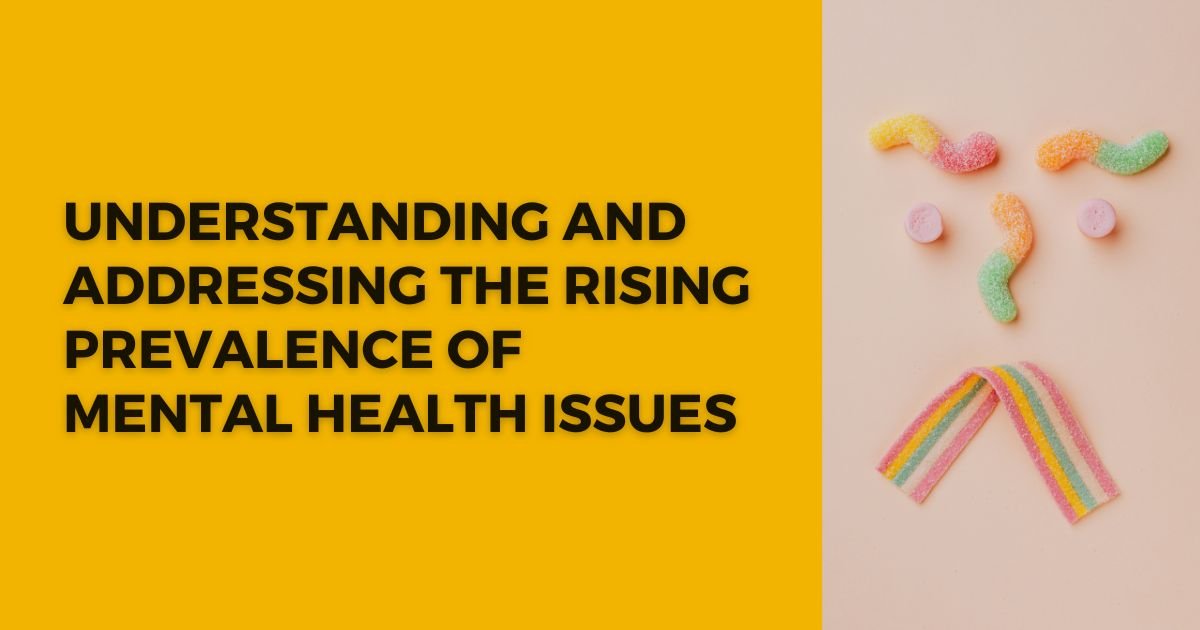

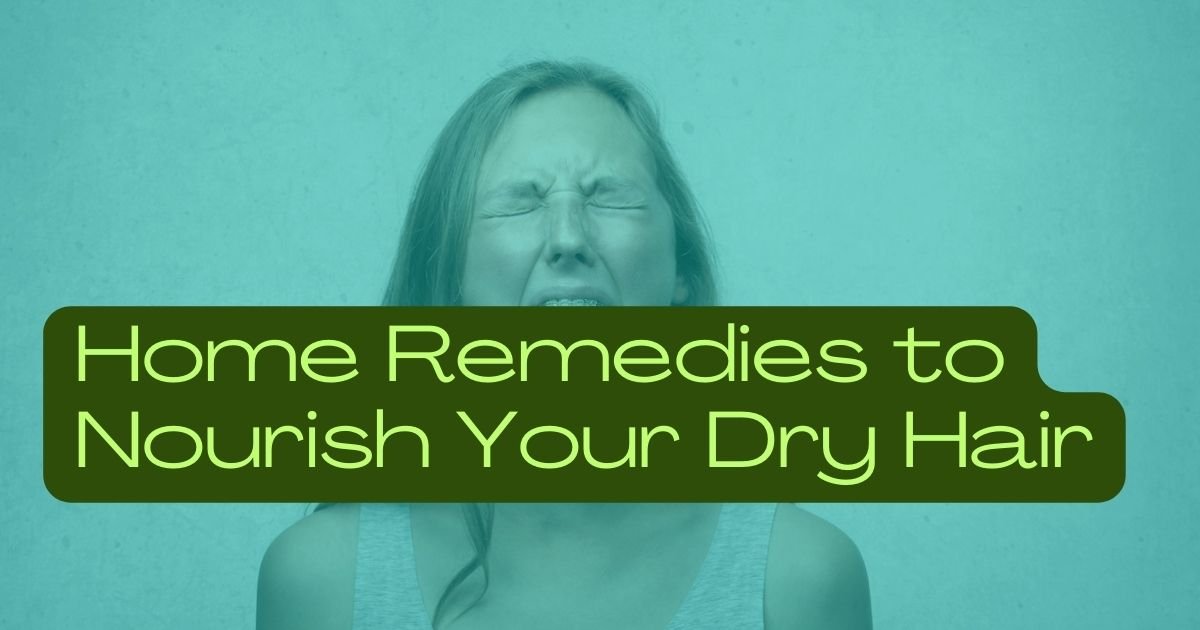

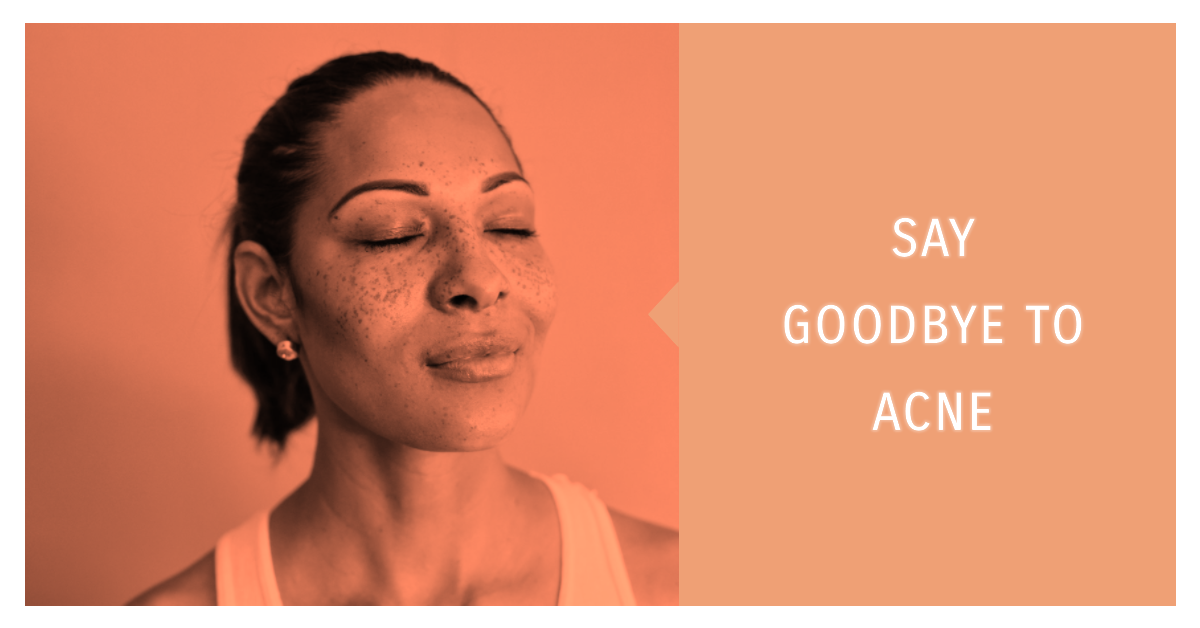



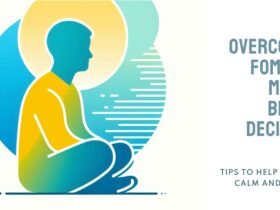
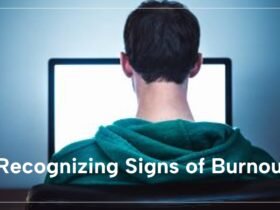
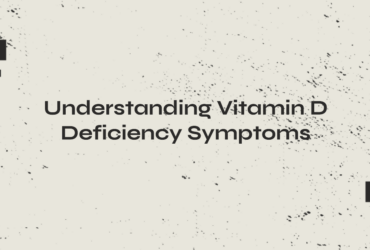
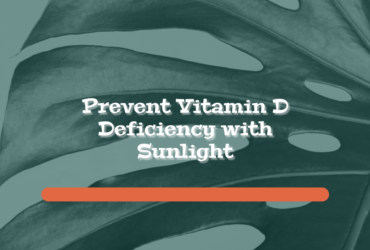

Leave a Reply
View Comments